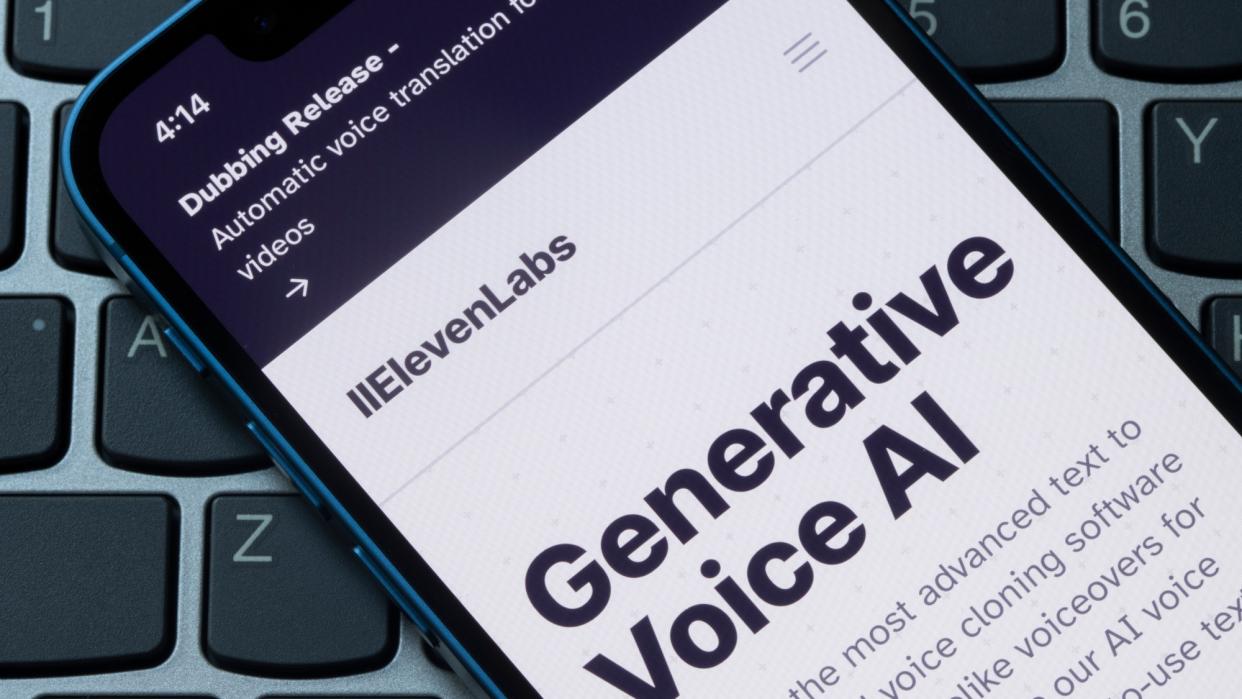ElevenLabs is launching a new AI music generator — and you have to hear these clips to appreciate it

ElevenLabs is launching a new artificial intelligence music generator complete with vocals, showing off a handful of impressive tracks on X to promote its upcoming launch.
AI music has proved to be one of the fastest-growing areas of synthetic content so far this year with the first Suno track passing a million listens and Udio launching hyper-realistic vocals.
Better known for its natural-sounding artificial voices and impressively accurate voice cloning, ElevenLabs has been slowly building out a range of AI noise features including sound effects.
Music is currently in early preview, only accessible to ElevenLabs staff but the samples shared so far point to a quality that exceeds Udio across a wide range of genres.
What does ElevenLabs Music sound like?
There have only been a dozen or so examples shared so far but every one is at least 2 minutes long, many closer to three minutes and the vocals sound natural.
If the three-minute length seen from many of the clips is the default then it is a huge step up from the 30 seconds of Udio or 1 minute of Suno. Radio-ready tracks could be generated from a single prompt without having to resort to track extensions — which can be inconsistent.
Examples of jazz, pop, dubstep and country were shared by ElevenLabs staffers as well as the main X account for the synthetic sound platform, based on suggested prompts from users.
ElevenLabs wrote in a tweet that "All of the songs in this thread were generated from a single text prompt with no edits." This is impressive. The first song had the title 'It Started to Sing' with the style "pop pop-rock, country, top charts song" and it delivered on its promise.
Why is this such a big deal?
English music producer Beardyman reposted an ElevenLabs dubstep track, stating that it "will be almost impossible to make a living in commercial music within 3 years."
We are not as special as we thought… art is a process… self expression is a therapeutic activity… but none of that matters now…
Being able to generate a mixed, chart-friendly pop track of about three minutes in length from a single prompt is a huge achievement. It might not make the charts yet, but it wasn’t long ago someone recording a song in their bedroom made the charts for the first time.
Beardyman also raised the question of whether, when it comes down to it, a crowd at a club will care whether it is AI that "made the bangers they're dancing to" as long as the LED "showing AI images" is going strong. He also posited the idea of a DJ hologram.
AI music is here to stay. It will hit some copyright roadblocks, particularly over the question of rights over training data and whether musicians have the right to opt out. But even if it is only trained on licensed and out-of-copyright music — it will still have a huge library to work with.
In the end, it will be used like any other innovation in music — as a tool for musicians to do things with sound that aren’t currently possible (think synthesizers, drum machines, sampling), and a creative way for ordinary people to churn out something fun to share with friends.
